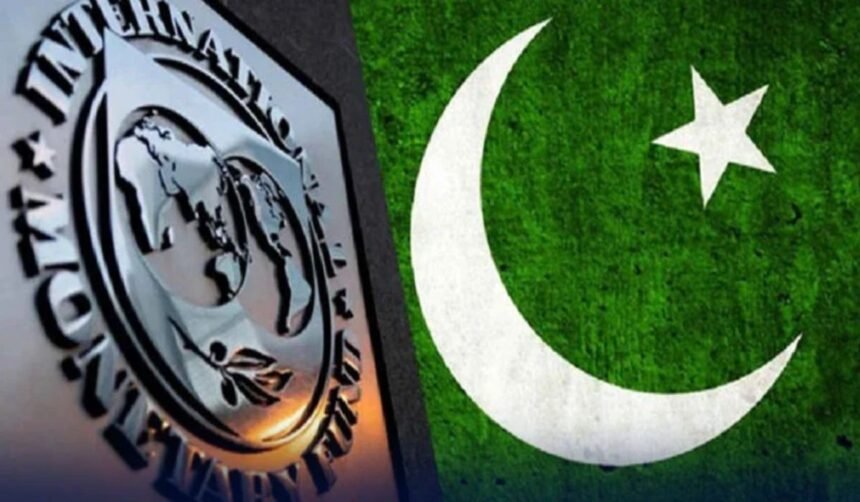IMF has asked Pakistan to share a comprehensive progress report on anti-money laundering measures during ongoing negotiations at the Finance Ministry in Islamabad.
The bank has sought details on issues, including the Governance and Corruption Risk Assessment Report and measures to strengthen provincial enforcement against corruption.
The delegation will also be briefed on legal reforms regarding mandatory asset declarations of civil officers from grades seventeen to twenty two for improved accountability.
The Finance Ministry will present progress on the National Fiscal Package, capital market growth, and the government strategy aimed at ensuring transparency in spending.
IMF has been informed about delays in completing the Governance and Corruption Risk Assessment Report, which is considered central to the current review discussions.
The lender has also asked to evaluate Pakistan performance in the first quarter of the fiscal year, with technical talks preceding high-level negotiations.
Authorities hope that successful conclusion of the discussions will pave the way for release of the one billion tranche, subject to IMF board approval.
Read More: IMF Raises Alarm Over Pakistan Tax Revenue Shortfall
Pakistan has so far received 2.1 billion dollars under the seven billion program signed in September 2024, leaving critical installments tied to strict conditions.
Last week, IMF expressed concern over Pakistan missing the annual tax target of Rs12.97 trillion, as the Federal Board of Revenue managed Rs11.74 trillion only.
Officials had explained that sluggish economic activity, devastating floods, weak real estate performance, and delays in court cases contributed to the shortfall in revenue collection.
Over Rs250 billion worth of tax cases remain stuck in litigation, while meeting the quarterly revenue goal would require collecting Rs140 billion daily.
The FBR highlighted that the tax-to-GDP ratio target of 10.5 percent was missed, with only a modest 1.4 percent increase achieved.
Authorities admitted non-tax revenues also declined, citing reduced profits from the SBP, lower petroleum levy receipts, and weakening performance of other institutions.


